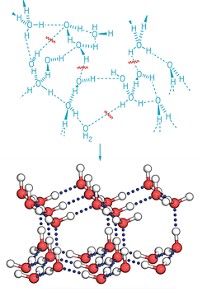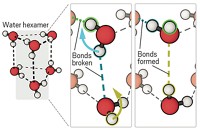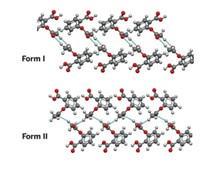Advertisement
Grab your lab coat. Let's get started
Welcome!
Welcome!
Create an account below to get 6 C&EN articles per month, receive newsletters and more - all free.
It seems this is your first time logging in online. Please enter the following information to continue.
As an ACS member you automatically get access to this site. All we need is few more details to create your reading experience.
Not you? Sign in with a different account.
Not you? Sign in with a different account.
ERROR 1
ERROR 1
ERROR 2
ERROR 2
ERROR 2
ERROR 2
ERROR 2
Password and Confirm password must match.
If you have an ACS member number, please enter it here so we can link this account to your membership. (optional)
ERROR 2
ACS values your privacy. By submitting your information, you are gaining access to C&EN and subscribing to our weekly newsletter. We use the information you provide to make your reading experience better, and we will never sell your data to third party members.
Materials
Phosphoric Acid Transfers Protons Cooperatively
Study may lead to improvements in proton-conducting fuel-cell electrolytes
by Jyllian Kemsley
April 23, 2012
| A version of this story appeared in
Volume 90, Issue 17
High proton conductivity in liquid phosphoric acid arises from concerted transfer across chains of H3PO4 molecules rather than through individual transfer events (Nat. Chem., DOI: 10.1038/nchem.1329). Neat liquid phosphoric acid has the highest known intrinsic proton conductivity, and understanding the mechanism may help improve proton-conducting fuel-cell electrolytes. In the new work, a team led by Mark E. Tuckerman of New York University and Klaus-Dieter Kreuer of Germany’s Max Planck Institute for Solid State Research used ab initio molecular dynamics simulations to study proton transfer in liquid phosphoric acid. They found that transfer occurs in a cooperative manner across chains of as many as five H3PO4 molecules. This mechanism contrasts with that of proton transfer in water, which happens in discrete steps from one H2O molecule to another with accompanying solvent reorganization. The difference arises from the different hydrogen-bonding networks in the liquids, Tuckerman says. The hydrogen bonds in liquid phosphoric acid are shorter than those in water, making it easier for H3PO4 to autoionize. Also, hydrogen bond rearrangement to resolve charge buildup from proton transfer requires only rotation around a P–O bond rather than reorientation of an entire H3PO4 molecule.





Join the conversation
Contact the reporter
Submit a Letter to the Editor for publication
Engage with us on Twitter